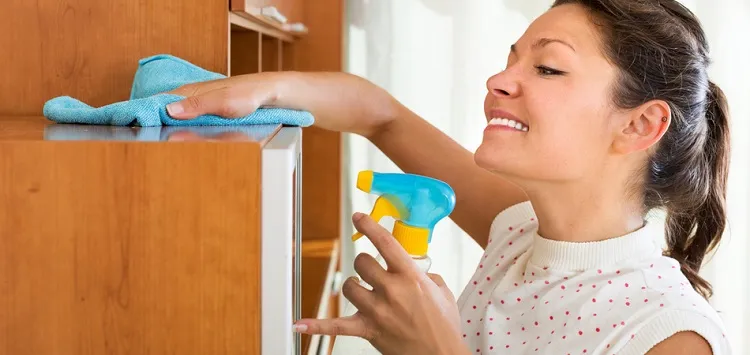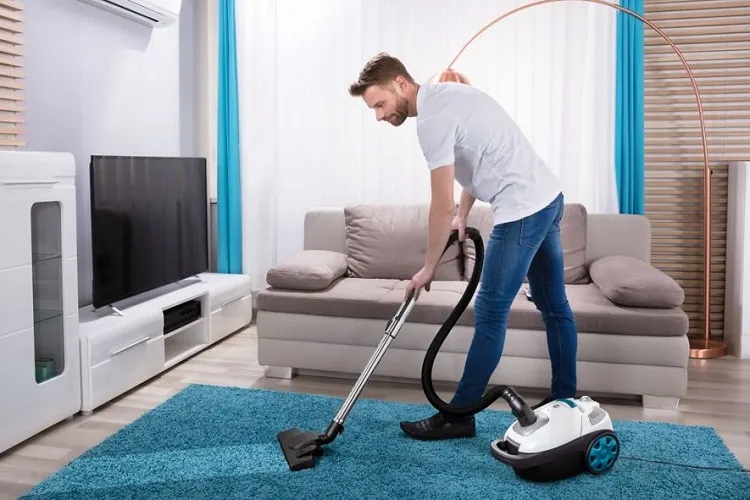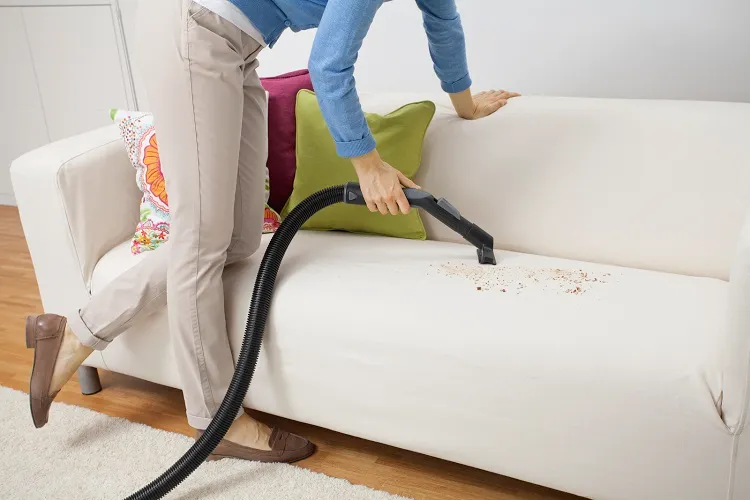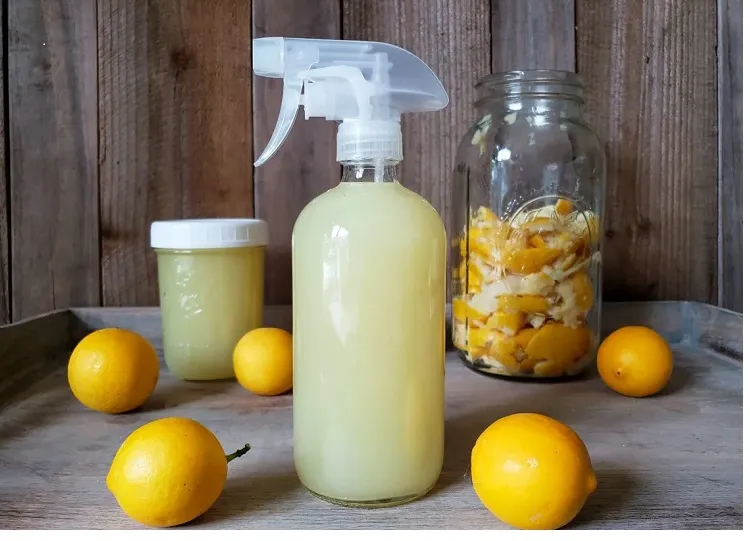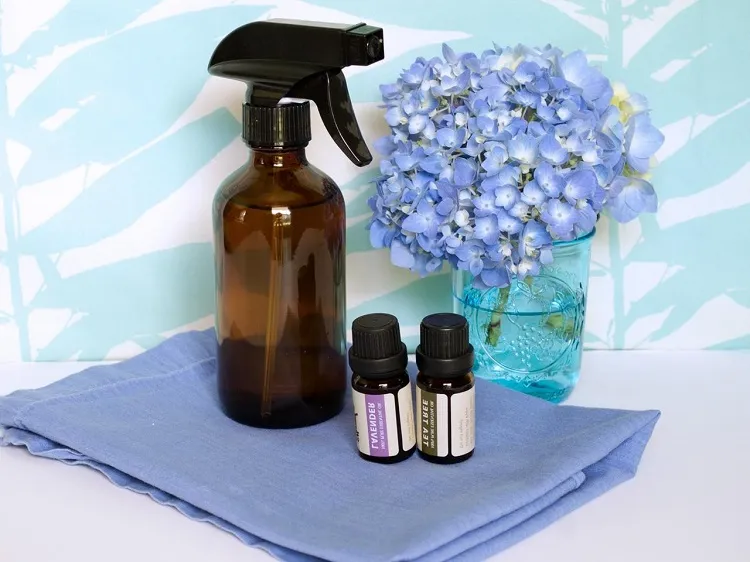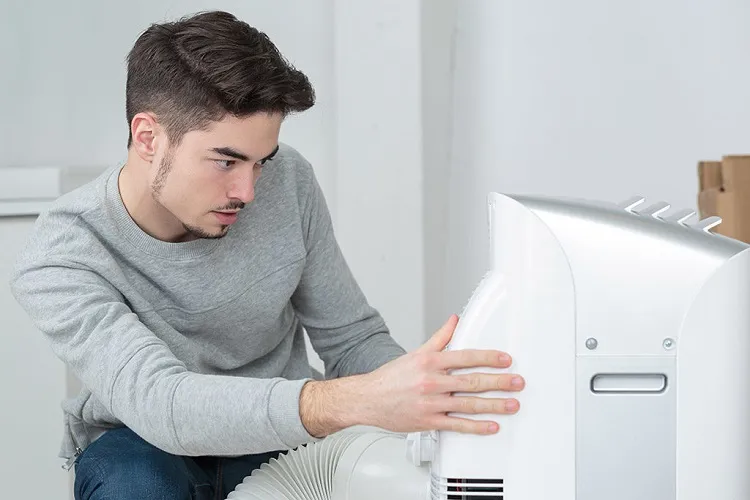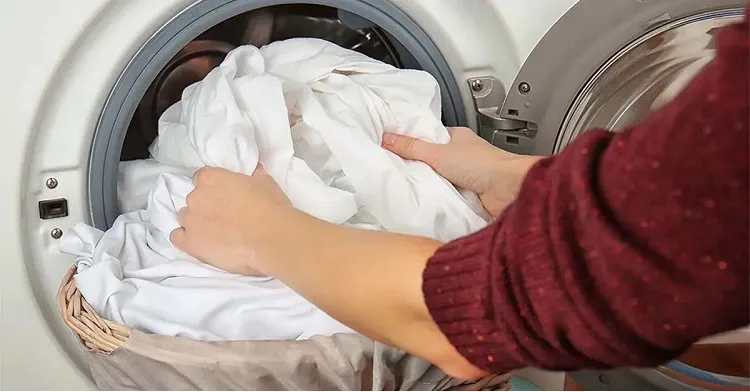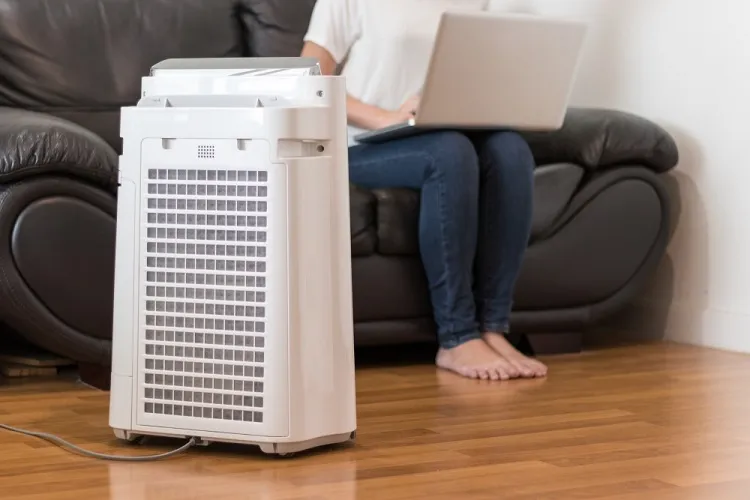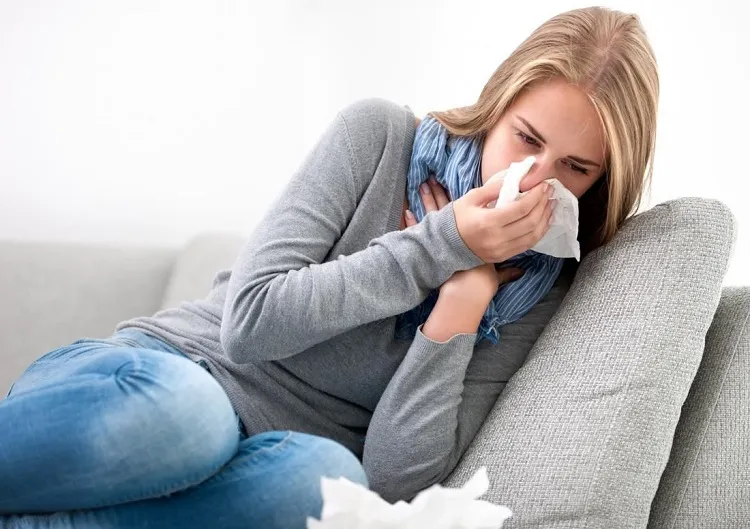Dust is an inevitable part of our daily lives, and keeping it under control or remove it entirely can be a challenge. While chemical cleaning products are easy to be found and bought, many people prefer treating this problem with milder homemade methods. Inspired by nature solutions for removing the buildup in your home, not only help minimize exposure to harmful substances, but also promote a healthier and more pleasantly scented living environment. Stay on this page to explore with us the effective ways to control and clean dust in your home naturally.
How Do You Clean Dust Naturally?
Making some effort to control and clean dust in your home is vital for your healthy living. Why don’t you try removing these allergy causing particles naturally, instead of relying on harsh chemicals? In this way you’ll have the same effective results.
- Use microfiber cloths: Its fibers attract and capture dust particles efficiently. Simply dampen it slightly and wipe surfaces, including furniture, shelves, radiators and electronics.
- Vacuum regularly: Vacuuming is essential for removing dust from carpets, rugs and upholstery. If you need a deeper effect, opt with steam cleaning or using a vacuum cleaner with HEPA filter, which removes both dust and allergens.
- Baking soda for upholstery: It’s important to clean dust in your home, removing allergy causing particles from the soft furniture. Just sprinkle baking soda on their surface, let it sit for about 15 minutes, and then vacuum thoroughly. This natural chemical absorbs odors and helps loosen trapped particles, leaving your upholstery fresh and clean.
- Lemon infused vinegar: Prepare a natural dusting spray by placing lemon peels in a jar and pouring vinegar over them. Let the mixture sit for about a week, strain it, and transfer to a spray bottle. Spray this solution on surfaces and wipe them out with a microfiber cloth.
- Essential oils as dust repellents: Certain essential oils, such as tea tree, eucalyptus, or lavender, have antimicrobial properties, thanks to which they can clean dust and freshen the air. Add a few drops of your favorite oil to a spraying bottle filled with water, and mist with it slightly over surfaces before wiping out the dust.
Easy Ways to Get Rid of Dust
To clean dust in your home regularly is perfect, but it is even better if you take care to prevent its accumulation. With these simple steps, you’ll keep dust levels low:
- Maintain a clean entrance: Place doormats outside your home to capture dirt particles from shoes. Encourage family members and their guests to remove the shoes upon entering to prevent outdoor dust from spreading throughout the living spaces.
- Control humidity: Maintain optimal humidity levels in your home to stop dust mites from thriving. Using a humidifier or dehumidifier, depending on your climate, can help control moisture levels and minimize dust mite populations.
- Wash bedding regularly: When considering how to clean dust in your home, draw your attention to bedding, which can harbor dust mites and their waste. So, wash it at least once a week using hot water to eliminate these allergens effectively. You may consider, if needed, using hypoallergenic covers for pillows and mattresses.
- Keep clutter to a minimum: Reducing clutter not only makes your home tidier, but also helps to control dust. Fewer items mean less surface area for dust to settle on. Regularly put in order your living spaces, and organize belongings to minimize it.
- Air purifiers: If you are allergic, or too sensitive, one extremely effective way to clean dust in your home is using air purifiers. You may consider ones with HEPA filters to remove airborne particles and allergens. These devices can significantly improve indoor air quality.
Can Dust in Your Home Make You Sick?
Dust may seem harmless, but it can have adverse effects on your health, particularly if you have allergies, asthma, or respiratory conditions. Here’s how dust can impact your well-being:
- Allergies and asthma: Dust mites, pet dander, pollen, and mold spores are common allergens found in household dust. When inhaled, these particles can trigger allergic reactions, such as sneezing, runny nose, itchy eyes, and coughing.
- Respiratory issues: Bacteria, viruses, and environmental pollutants in the dust can irritate the respiratory system. Prolonged exposure to these particles may lead to infections, bronchitis, or other illnesses, mostly in children and elderly people.
- Indoor air quality: Dust can contribute to poor indoor air quality, which can have a negative impact on overall health. When these particles accumulate, they circulate in the air, increasing the likelihood of inhaling pollutants. This can cause discomfort and fatigue, and health problems.
- Dust mite allergies: Dust mites are microscopic organisms that thrive in warm and humid environments. Their waste particles and decomposing bodies can trigger allergic reactions. Symptoms include sneezing, itching and watery eyes.
Prioritizing cleanliness and taking preventive steps will not only keep your living spaces dust-free, but also contribute to a more comfortable living environment for you and the whole family.

